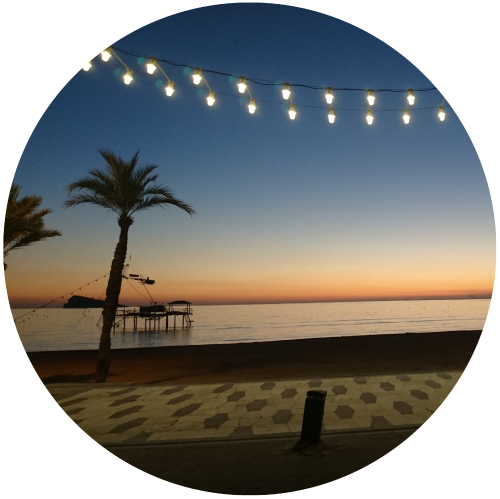Summer 2019 - Generational Change in Europe
Undergraduate course at the Global Politics Summer School Amman.
Europe’s current youngest generation has been socialized in times of the post-2008 economic crisis. To the resulting high level of youth unemployment, especially in Southern Europe, the youth has responded with lengthening of educational trajectories and delayed transition to adulthood. Furthermore, being in their “political impressionable years”, they have been socialized during the steep electoral rise of populist parties. Hence, some authors observe that younger generations are less and less invested in democracy. Accordingly, the youth are more cynical regarding their possible impact on politics and more inclined to support authoritarian alternatives. On the other hand, the recent environmental protests around Greta Thunberg in the Northern European countries show a highly politicized part of the youth, using non-institutional forms of participation to express themselves politically, which eventually resulted in a shift of young voters towards Green parties in the last European election.
In class we will focus on Europe’s youngest generation political and economic integration against the background of an aging society. What values are important to them, how do they imagine the future, and what are their political issues, and how do they differ in comparison to their parents and grand-parents? By focusing on democratic support, we will investigate, whether the youth only abstractly subscribes to the term democracy – or, on the contrary, values civil liberties and grants high legitimacy to both their countries’ democracy and the EU. Regarding their political participation, we will highlight whether online participation can be recognized as slacktivism or serious political expression. Thereby, we will discuss the methodological difficulties in separating age, period, and cohort effects.
Reading: Grasso, Maria. 2018. “Young People’s Political Participation in Europe in Times of Crisis.” In Young People Re-Generating Politics in Times of Crises, eds. Sarah Pickard and Judith Bessant. Cham: Springer International Publishing, 179–96. http://link.springer.com/10.1007/978-3-319-58250-4_10.
Summer 2016 & 2017 - Einführung in die Quantitative Datenanalyse
An der Freien Universität Berlin habe ich zweimal das Einführungsseminar in die Quantitative Datenanalyse für PolitikwissenschaftlerInnnen gehalten. Dabei habe ich die Vermittlung einfacher statistischer Konzepte direkt mit deren praktischer Anwendung verknüpft. Als Statistiksoftware haben wir R genutzt, da die open-source Software lizenzgebührenfrei von den Studierenden verwendet werden kann.
Entstanden ist eine Einführung, die die von lineare Regressionsanalyse als Ausgangspunkt nimmt, um Konzepte wie Lageparameter oder Hypothesentests zu erläutern. Damit orientiert sich die Einführung an Colin und Michael Lewis-Beck (2015) “Applied Regression - An Introduction”) und wendet dieses Buch direkt in R an. Bei der Vermittlung von R habe ich auf das tidyverse gesetzt.
Ein Kursüberblick kann hier heruntergeladen werden, alle anderen Materialien finden sich in der folgenden Tabelle und können frei genutzt werden:
| Sitzung | Präsentation | Skript | Datensatz |
|---|---|---|---|
| 1. Sitzung: Datenanalyse im Forschungsprozess | • PDF, • Slides | session1.R | thewire.csv |
| 2. Sitzung: Skalenniveau und Datensatzexploration | • PDF, • Slides | session2.R | imdbstudents.RData |
| 3. Sitzung: Lineare Regression 1 | • PDF, • Slides | session3.R solution3.R | riverview.csv |
| 4. Sitzung: Lineare Regression 2 | • PDF, • Slides | session4.R | |
| 5. Sitzung: Lineare Regression 3 | • PDF, • Slides | session5.R | |
| 6. Sitzung: Datenquellen u. -manipulation | • PDF, • Slides | session6.R | ZA5160_v4-0-0.dta |
| Hausarbeit | homework.R | ||
| 7. Sitzung: Allg. Wiederholung | session7inCourse.R | ||
| 8. Sitzung: Maße der zentralen Tendenz und Variabilität | • PDF, • Slides | session8.R | |
| 9. Sitzung: Hypothesen, Konfidenzintervalle und p-values | • PDF, • Slides | session9.R | dqdemo.RData |
| Übungsaufgaben |
RStudio Server
Während des Semesters können Studierende des Kurses einen RStudio Server zum Üben und Vertiefen der Lehrinhalte nutzen. Nutzen Sie dazu bitte die Zugangsdaten, die ihnen im Kurs zur Verfügung gestellt wurden.
